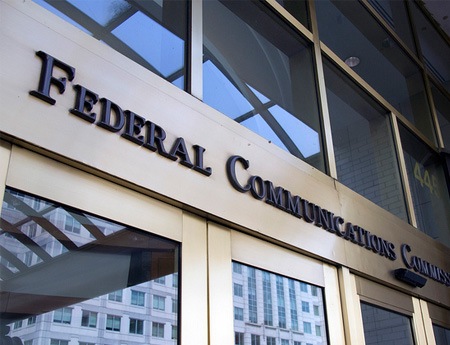FCC Denies Request to Suspend, Slow Spectrum Auction

The smarter way to stay on top of broadcasting and cable industry. Sign up below
You are now subscribed
Your newsletter sign-up was successful
The FCC's Wireless Telecommunications Bureau has told smaller and rural wireless carriers that it won't suspend or slow the broadcast spectrum incentive auction in September while they attend a pair of conferences.
"Suspending or reducing the bidding schedule for six full days could undermine our goal of promoting an efficient and successful auction process," said Margaret Wiener, chief of the auctions and spectrum access division of the Wireless Telecommunications Bureau, adding there needs to be a compelling reason to do so.
Suspending or curtailing the auction schedule does not qualify, the bureau said in denying the petition.
In an informal request filed last week, the Rural Wireless Association and NTCA: The Rural Broadband Association asked the FCC's Wireless Telecommunications Bureau for breaks in the auction Sept. 7-9 for the RWA's Rural Wireless Summit and Sept. 26-28 for NTCA's fall conference, at which RWA will be holding its annual meeting as well.
It pointed out its members or associates make up over half of the 62 eligible bidders in the forward auction, which began this week.
They argued that their members have limited personnel to dedicate to a potentially lengthy and unpredictable time period for the auction and that preparation, travel to and from the conferences, and meetings there could make it hard for them to bid in a timely fashion.
They pointed out FCC commissioners and staffers will be speaking at the conference, and without the bidding breaks, their smaller associations could lose the opportunity to hear and meet with them.
The smarter way to stay on top of broadcasting and cable industry. Sign up below
They added that given the FCC's decision not to provide waivers for unforeseen circumstances, there is "no room for error for small and rural carriers bidding in the auction," and that if the FCC did not want to halt the proceedings altogether, they want it to at least cut the bidding to one round per day—it is currently two and could be more by then.
"The FCC has devoted considerable time and resources since the enactment of the Spectrum Act four years ago to implementing the incentive auction in order to realize its important goals as rapidly as possible," the bureau said. "As the Commission has emphasized, '[s]peed is critical to the successful implementation of the incentive auction.' Unlike any past auctions, the incentive auction is a two-sided auction, with interdependent reverse and forward auctions that affect multiple sectors of the telecommunications industry, including television broadcasters, wireless telecommunications carriers, and other companies that have made significant investments, secured financing, and delayed other business proposals based on the current auction schedule. Nevertheless, the Commission cannot control exactly how long the auction will take, due to the interdependent nature of the reverse and forward auctions and the auction’s stage structure for determining the greatest amount of spectrum that can be cleared while satisfying the final stage rule."
"For all of these reasons, we will not exercise our delegated authority to delay, suspend, or cancel bidding in the incentive auction," in this case, it said, and signaled it would not do so in any case absent a compelling reason.
While the bureau said it was sympathetic to the resource constraints of smaller bidders, it said it was not persuaded by its arguments.
"Each bidder is solely responsible for anticipating and overcoming problems such as unavailability of its authorized bidders, among other things," said the bureau. "We believe that the Associations’ concerns can be addressed by developing and implementing such plans in advance of a conflicting event."
Contributing editor John Eggerton has been an editor and/or writer on media regulation, legislation and policy for over four decades, including covering the FCC, FTC, Congress, the major media trade associations, and the federal courts. In addition to Multichannel News and Broadcasting + Cable, his work has appeared in Radio World, TV Technology, TV Fax, This Week in Consumer Electronics, Variety and the Encyclopedia Britannica.

